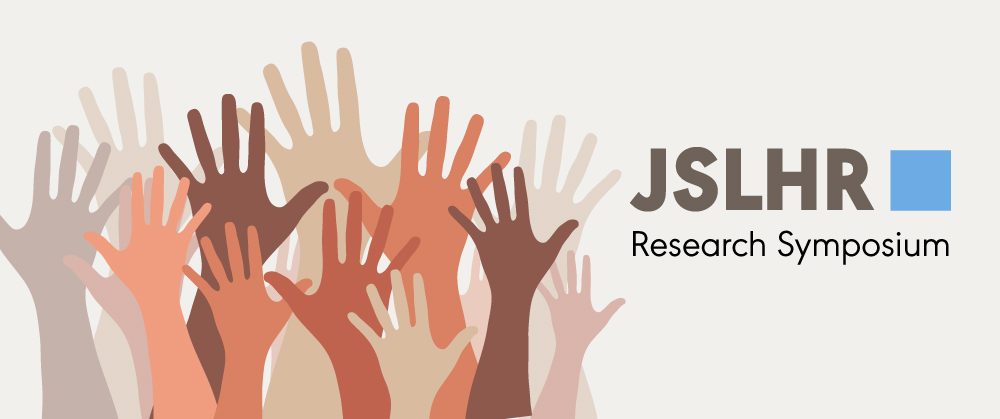People with disabilities, including communication disabilities, are an overlooked population that experiences significant health and health care disparities. Researchers and clinicians, including ASHA members, have an opportunity not only to offer care to these individuals, but to advocate for their right to dignity, respect, and courtesy.
Addressing these disparities was a focus of the Research Symposium at the 2021 ASHA Convention. In the latest issue of the Journal of Speech, Language, and Hearing Research, guest editor Megan A. Morris brings readers three papers based on the symposium.
Understanding and Addressing Health Care Disparities
Morris opens the forum with an introduction to the topic of health care disparities in communication disorders. She highlights the articles and encourages clinicians and researchers to take further action to advocate for people with communication disabilities.
Then, Morris follows with a review of the health and health care outcomes of persons with communication disabilities from a historical lens. The article outlines how to detect, understand, and reduce these existing disparities.
Adults and Children With Hearing Loss
McKee and colleagues focus on the challenges that adults with hearing loss face when seeking health care, and offer solutions to these problems on system, clinic, provider, and patient levels. By focusing on these actionable steps, the authors contend that we can reframe health care to proactively meet the needs of patients with hearing loss.
In the final article of the forum, Studts et al. write that parents of children with hearing disabilities report barriers accessing mental health or behavioral interventions for their children. The authors adapted and tested a behavioral parent training intervention specifically for parents of children who are deaf and hard of hearing, and hope this leads to further research.
Working and Advocating for People With Communication Disabilities
Morris writes that “[t]o ensure equity for the large and growing population of persons with communication disabilities, researchers, policy makers, patients, and health care systems need to collaborate in identifying and addressing the factors contributing to health and health care disparities,” (Morris, 2022, p. 3623). Indeed, we hope this forum can help anyone do their part to address these disparities head-on.
If you’d like to know more about the topics presented in this forum, you can find videos of the presentation each article is derived from. Check out the links to each video under “Presentation Videos”!
We’d like to thank Dr. Morris and all the authors for their work putting together this research symposium forum. You can read the entire forum here or explore the individual articles below.
Presentation Videos
Striving Toward Equity in Health Care for People With Communication Disabilities
Reframing Our Health Care System for Patients With Hearing Loss
Explore the Forum
McKee, M., James, T. G., Helm, K. V. T., Marzolf, B., Chung, D. H., Williams, J., & Zazove, P. (2022). Reframing our health care system for patients with hearing loss. Journal of Speech, Language, and Hearing Research, 65(10), 3633–3645. https://doi.org/10.1044/2022_JSLHR-22-00052
Morris, M. A. (2022). Research to advance health and health care equity for people with communication disabilities: An overview of research symposium papers. Journal of Speech, Language, and Hearing Research, 65(10), 3621–3622. https://doi.org/10.1044/2022_JSLHR-22-00373
Morris, M. A. (2022). Striving toward equity in health care for people with communication disabilities. Journal of Speech, Language, and Hearing Research, 65(10), 3623–3632. https://doi.org/10.1044/2022_JSLHR-22-00057
Studts, C. R., Jacobs, J. A., Bush, M. L., Lowman, J., Westgate, P. M., & Creel, L. M. (2022). Behavioral parent training for families with young deaf or hard of hearing children followed in hearing health care. Journal of Speech, Language, and Hearing Research, 65(10), 3646–3660. https://doi.org/10.1044/2022_JSLHR-22-00055









